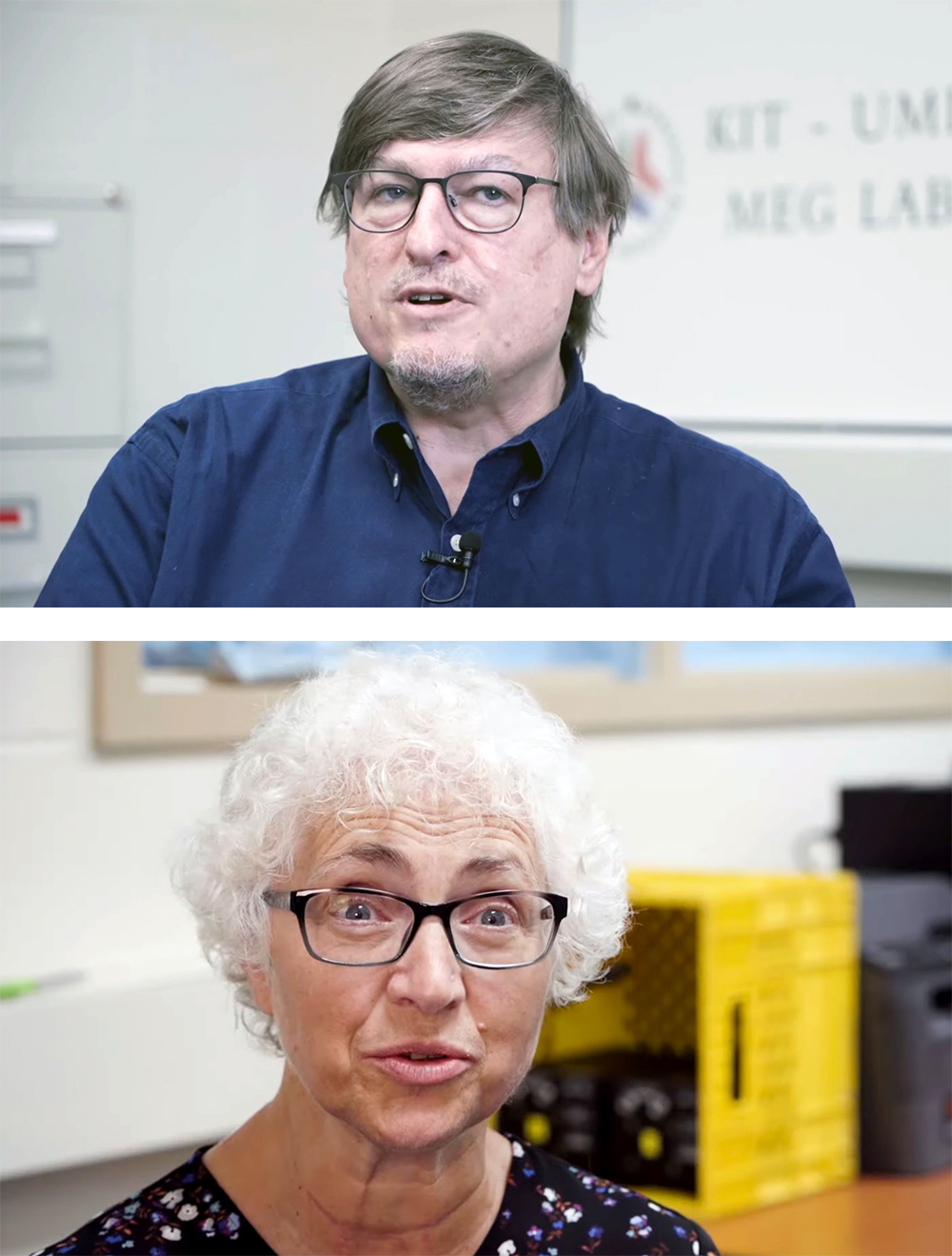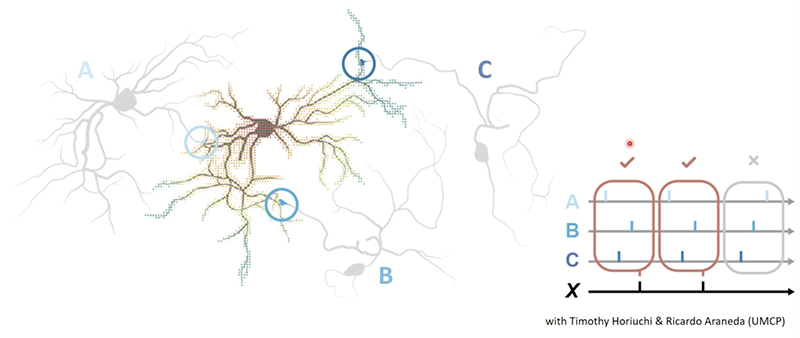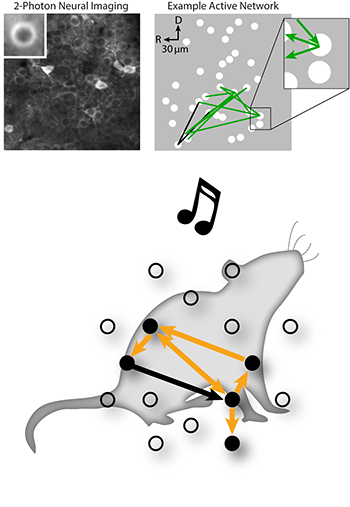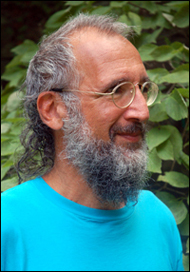News Story
Two ECE Graduate Students Win 2023 UMD Three Minute Thesis Competition
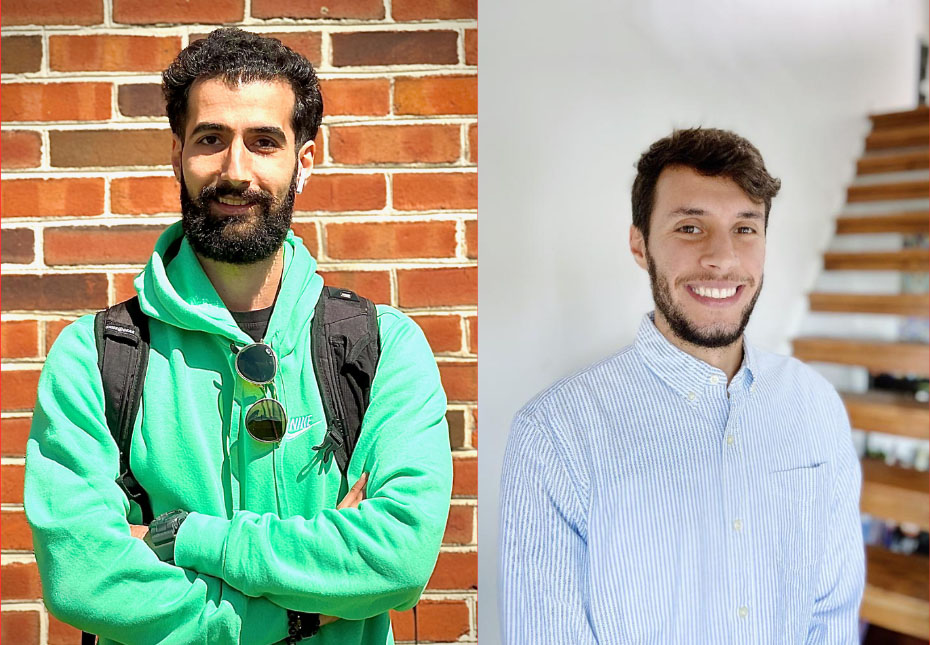
Left: Behrad Soleimani. Right: Zachary Lazri
ECE Graduate Students Zachary Lazri and Behrad Soleimani were recently named winners of the UMD Three Minute (3MT) Competition, sponsored by The UMD Graduate School. The 3MT Competition challenges participants to communicate the significance of their research project in only three minutes. The audience was comprised of non-specialists, so competitors are required to explain their research without technical jargon that is not known outside their research areas.
Soleimani’s thesis title is “Tracing Brain Connectivity over Time: Insights from Auditory Processing and Stroke Rehabilitation.” His research focuses on brain connectivity in the auditory cortex of younger and older adults in order to understand auditory processing and its potential implications for hearing aid design. In addition, he studies poststroke recovery processes by investigating changes in brain connectivity in stroke patients during clinical rehabilitation.
His research has resulted in the discovery of auditory processing mechanisms between younger and older adults, showing that older adults exhibit bidirectional communications between the frontal region and the auditory cortex regardless of the listening environment. To measure this, he uses Magnetoencephalography (MEG) to capture brain activity with high temporal resolution. Since MEG has some limitations in spatial resolution, he developed a method called Network Localized Granger Causality (NLGC), which measures the influence of one brain region on another and the strength of that connection. The resulting data can be applied to stroke rehabilitation by identifying specific areas within the motor cortex that become more involved during recovery. More effective treatment strategies can be developed as a result of his studies.
Lazri’s thesis, entitled “Building A.I. on Accuracy and Ethics”, addresses issues of fairness resulting from the deployment of artificial intelligence (A.I.) models for decision making in high-stakes applications. These models learn from large amounts of data in order to produce scores used for decision making purposes. However, when the data from which these models learn contains sensitive information, a variety of considerations must be taken into account in determining how the data are collected, handled, and used to make decisions. Since some of this data may be inherently biased, teaching these models to maximize accuracy may perpetuate such biases in decision-making processes.
Questions about how to address biases extant in the A.I. decision-making process have been the focus of Lazri’s research. He has been analyzing the extent to which multiple fairness notions can be simultaneously satisfied, how much accuracy is achievable by a model that must satisfy different notions of fairness, and how the constraints on the information available to a model affect its ability to make fair and accurate decisions. Using distribution-level modeling, Lazri constructs context-dependent constraints out of these fairness notions that depend on the information available to the model. He has found that a tension between individual and group fairness exists, and that this tension may be exacerbated as privacy-limiting information restrictions become more strict. Ultimately, he hopes to use his research to create a tool that will influence fair algorithm development and improve the lives of many in an equitable way.
Soleimani is advised by Professor Behtash Babadi. Lazri is advised by Professor Min Wu.
Published May 5, 2023
